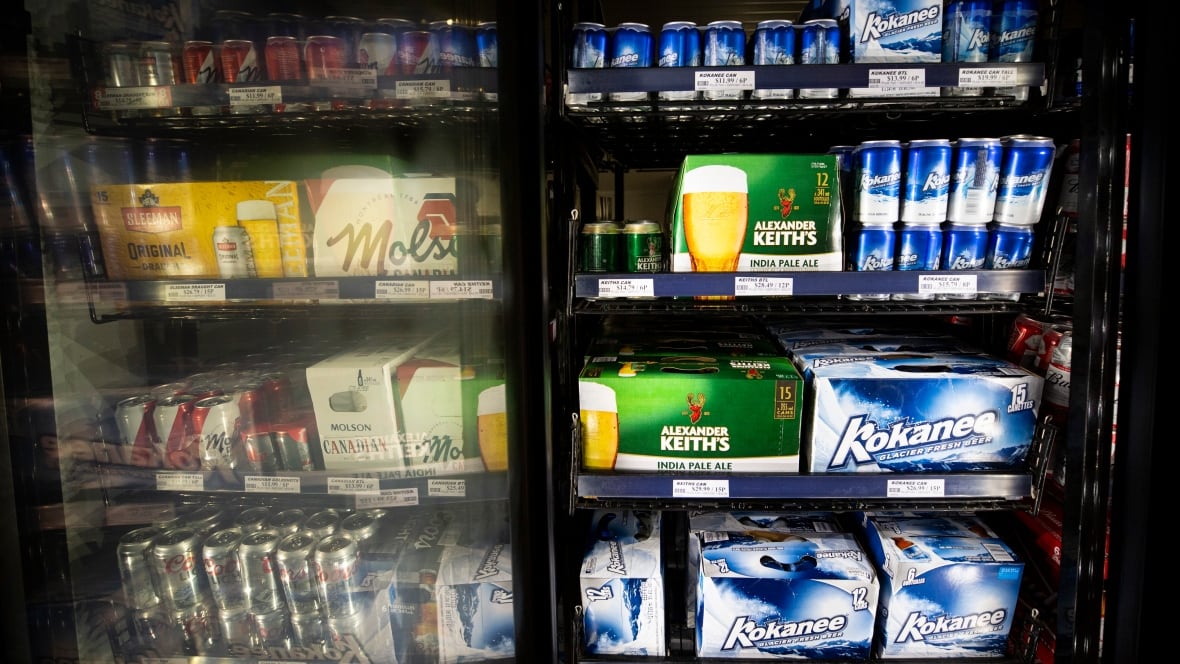WINNIPEG – Manitoba politicians are expected to pass several bills into law before the likely end of legislature session this evening.
The NDP government, with a solid majority of seats, is getting its omnibus budget bill through.
It enacts tax changes outlined in the spring budget, but also includes unrelated items, such as a ban on replacement workers during labour disputes.
The bill would also make it easier for workers to unionize, and would boost rebates for political campaign expenses.
Another bill expected to pass this evening would place new restrictions on the sale of machetes, in an attempt to crack down on crime.
Among the bills that are not expected to pass this session is one making it harder for landlords to raise rents above the inflation rate.
This report by The Canadian Press was first published Nov. 7, 2024


























